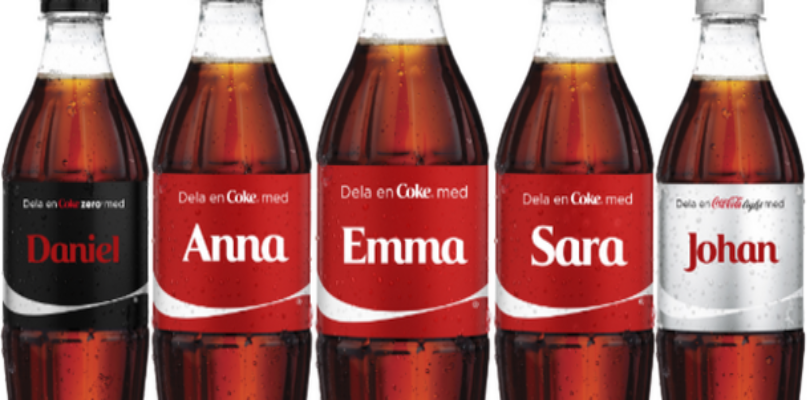Video marketers are turning to creative ways to capture the video viewers attention and with personalized video paired with email sees conversion rates as high as 500%. This comparison chart lays out the 3 most common types of personalized video and shows the difference, benefits and detractors.
Web |
Burned-in |
Overlay |
|
Overview |
Web personalization is the most common form of personalization and entails presenting content dynamically on a web page based on the web visitor’s persona and viewing history. In this case pre-produced videos are served according to personalization preferences. |
Burned in video personalization is the creation of unique video assets using advanced video production techniques that place tags in specific frames within the video where personalized elements will be injected dynamically by software that pulls meta data from data sources such as a CRM or Excel spreadsheet and places that information where tags are present in the video. The results are generated video assets where elements are a part of the video itself. | Overlay video personalization is the placement of personalized elements within a specific video asset or assets dynamically, in real-time based on a contact’s information and meta-data, web viewing behavior, and desired call-to-action. Personalized elements are applied to the video player and travel with a single video or a series of videos throughout the viewer journey. |
Creative and Customization |
Requires web design and pre-established CMS technology. | Completely reliant on video creative and production and does not offer customization past initial production stage. | Creative and production is optional depending on use case but necessary to create a single video asset with personalized elements that can be rollout to all contacts. Very customizable. |
Quality of Experience |
Experience is natural and subtle as video is not the only focus, as it may involve web copy and other forms of media. | Experience is engaging for first time communication but can be considered “gimmicky” and over personalized if used to frequently. | Superior quality of experience, can be used for a first time communication and rolled out across all videos with little effort. Personalized elements are dynamic and can change as a contact evolves. |
Technology |
Requires advanced content management systems (CMS) and a video marketing platform. | Requires advanced production and deliverability technology to insert dynamic tags. | Requires a video marketing platform that supports overlay personalization. |
Content Management & Deliverability |
Requires that all videos are organized according and tagged according to the persona targets. | Content management is a burden as a unique personalized video asset is generated for each contact and those files need to be stored and hosted, optimized for delivery across devices, and streamed. | Content management is simple and requires a single video asset for each campaign. Delivery is scalable as the video itself doesn’t get personalized, the video player detects the contact and relevant data and dynamically inserts that info in the video. |
Analytics and Reporting |
Standard web-engagement reporting and analytics as well as video completion rates, identity tracking and conversion events. | Limited analytics: video completion rates. | Advanced analytics tied to video viewership, completion rates, identity tracking, conversion, tie personalized video to influenced revenue. |
Scalability |
Very scalable as it leverages existing web experiences and pulls video content from existing assets within a library based on persona visiting the website. | Not very scalable, as the number of contacts increase so do the number of video assets, management of those assets and delivery. | Extremely scalable, can be used for a single video campaign or across an entire video library and strategy. Quick on-boarding timelines. |
Costs |
Low cost on the video platform side, significant investment on CMS technology. | Extremely cost prohibited, consider production costs, storage costs, delivery costs limited to a single campaign as opposed to a toolset for creating on-going personalized experiences. | Very cost effective, scalable to millions of contacts without increasing costs making spend predictable. |
Positives |
Well rounded personalized experiences that include multiple asset types. | Personalized elements can appear very natural in the video as they are added during the production phase. | Personalized elements can appear very natural in the video. No production needed, scales easily, includes interactivity and analytics. |
Negatives |
Page-level, does not include personalizing video content itself. For personalized video content see other methods. | Not scalable, lack dynamic personalized elements, heavy production focus, designed for a single campaign, no analytics, no interactive in-video conversion tools. | Some minor restrictions on what can be personalized in the video, but is outweighed by other advantages. |
Deployment |
Requires extensive content audits and mappings, collaboration between marketing and web teams. | Requires extensive on-boarding and setup including accommodating the delivery of large volumes of videos. | Can get started immediately, no complex production needed, video management and deliverability out-of-box without significant investment. |

